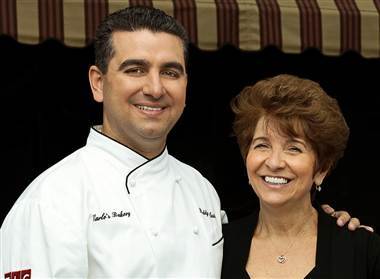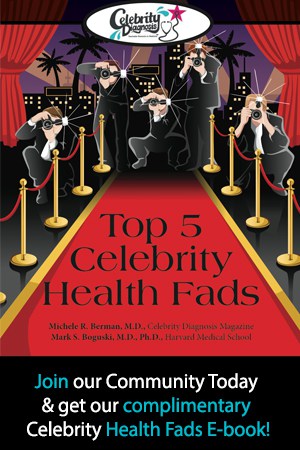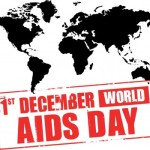Howie Mandel: “Here’s the Deal: Don’t Touch Me”

Comedian and Deal or No Deal host, Howie Mandel, released an excerpt from his new book, Here’s the Deal: Don’t Touch Me, in this week’s People Magazine. Mandel, 53, has been very open about his diagnosis of Obsessive Compulsive Disorder (OCD), which manifests itself as an aversion to germs. As a child, he was bitten by a sand fly, which lead to a parasitic skin infection. Mandel strongly links this episode with his OCD, and frequently feels that organisms are crawling under his skin.
Obsessive-Compulsive Disorder, OCD, is an anxiety disorder and is characterized by recurrent, unwanted thoughts (obsessions) and/or repetitive behaviors (compulsions). Repetitive behaviors such as handwashing, counting, checking, or cleaning are often performed with the hope of preventing obsessive thoughts or making them go away. Performing these so-called “rituals,” however, provides only temporary relief, and not performing them markedly increases anxiety. OCD can be a frustrating disorder for those who have it, as well as for their family and friends. The seemingly unavoidable and uncontrollable obsessions and rituals can interfere substantially with schoolwork,job, family, and social activities.
Some recent studies show that as many as 3 million Americans ages 18 to54 may have OCD at any one time. This is about 2.3% of people in this age group. OCD affects men and women equally.
There is growing evidence that OCD has a biological basis. OCD is no longer attributed to family problems or to attitudes learned in childhood. Research suggests that OCD involves problems in communication between parts of the brain. These problems may be caused by insufficient levels of certain brain chemicals (called neurotransmitters), especially one named serotonin. Drugs that increase the brain concentration of these chemicals often help improve OCD symptoms. There may also be a genetic component, since OCD tends to run in families. No specific genes has yet been identified.
Treatment usually consists of a combination of cognitive behavioral therapy and medications.
For more information:
| Resounding Health(tm) OCD |
























0 comments